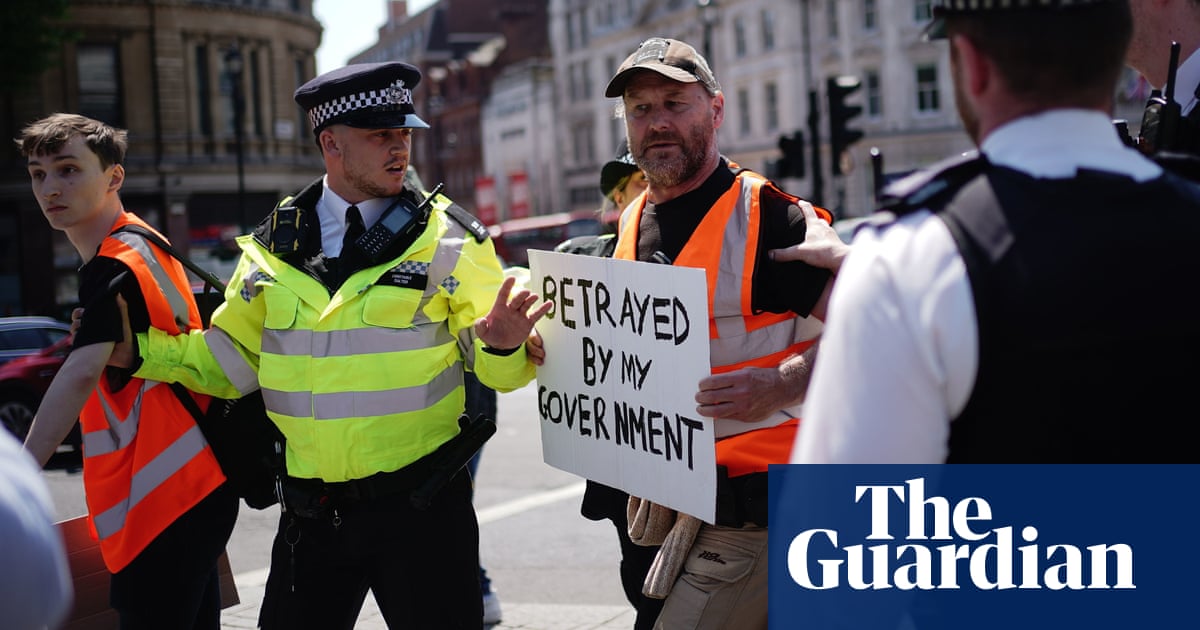
Rugby officials are still locked in crunch talks which will dictate whether the Six Nations and European club competitions can withstand the latest wave of Covid-19 infections. Several clubs are pleading for clarity as they seek to finalise travel plans to the continent next week while Exeter’s director of rugby, Rob Baxter, believes the sport should consider playing the entire Six Nations in England if strict crowd restrictions remain elsewhere.
The latest word is that Six Nations organisers are prepared to wait until 17 January before making a final decision on how best to proceed if attendance restrictions in Wales, Ireland, Scotland and France stay in place. Playing the championship behind closed doors for a second successive year would be financially grim for everyone but no formal contingency plans are yet in place to switch, say, Welsh or Scottish home fixtures to alternative venues such as Newcastle, Coventry or Tottenham.
Everyone’s preference remains for early fixtures such as Scotland versus England and Ireland versus Wales to proceed in Edinburgh and Dublin, but Scottish and Welsh government regulations permit a maximum of 500 and 50 spectators respectively. If there is no change, Baxter believes it may be time to look at “the next best scenario” which would involve condensing the tournament into six weeks and staging it in one location.
There was some positive news in this regard on Wednesday as the Scotlandfirst minister, Nicola Sturgeon, declared herself hopeful that crowd restrictions in Scottish sport would be eased from 17 January.
“We can’t all sit here and pretend the world is in an ideal place at the moment,” Baxter said. “With the Covid problems we’ve had the unions are financially stretched already so anything that can raise some revenue has to be preferable to just binning things for a season.
“If the next best scenario is playing in one country, you could have sellout crowds and keep that income stream going. It’s the same for any business, you’ve got to explore those options. The national bodies’ responsibilities go way beyond professional sport. They go right down to the grassroots and the repercussions [of cancellation] will probably be greater than in the professional game.”
As Baxter acknowledged, though, tinkering with the traditional Six Nations formula would risk diluting its appeal. “The whole beauty of the Six Nations is the change of environment and, potentially, the weather conditions,” he said.
“The games that spring to mind most are the ones when, say, England have been going really well in the tournament and then been derailed at the last by having to go to Scotland, Wales or Ireland.
“Those are the great challenges … that’s what makes the Six Nations such a great competition to win. You’ve seen French teams who look like they could beat any team in the world in Paris. The next week it doesn’t go quite so well in Cardiff. That’s the beauty of the tournament and, from a rugby perspective, I’m sure that’s what we all want to see happen.”
On the club front there has been further disruption with Scarlets’ scheduled weekend game against Dragons in the United Rugby Championship called off because of a Covid outbreak in the Dragons’ camp.
Bath, whose game against London Irish on Monday was scrapped after Covid sidelined a third of their squad, are even telling house sharers who play in the same position to cease living together. “We’re not talking about mass evacuations to the Travelodge but there have been a few,” said Stuart Hooper, Bath’s director of rugby, confirming some squad members have been relocated to hotel rooms nearby.
Meanwhile, the Saracens flanker Jackson Wray is to visit a specialist after fracturing his skull against Northampton last Sunday. The Scotland centre Duncan Taylor has had shoulder surgery and will be out until March but Owen Farrell remains on course to return this month from ankle surgery.












